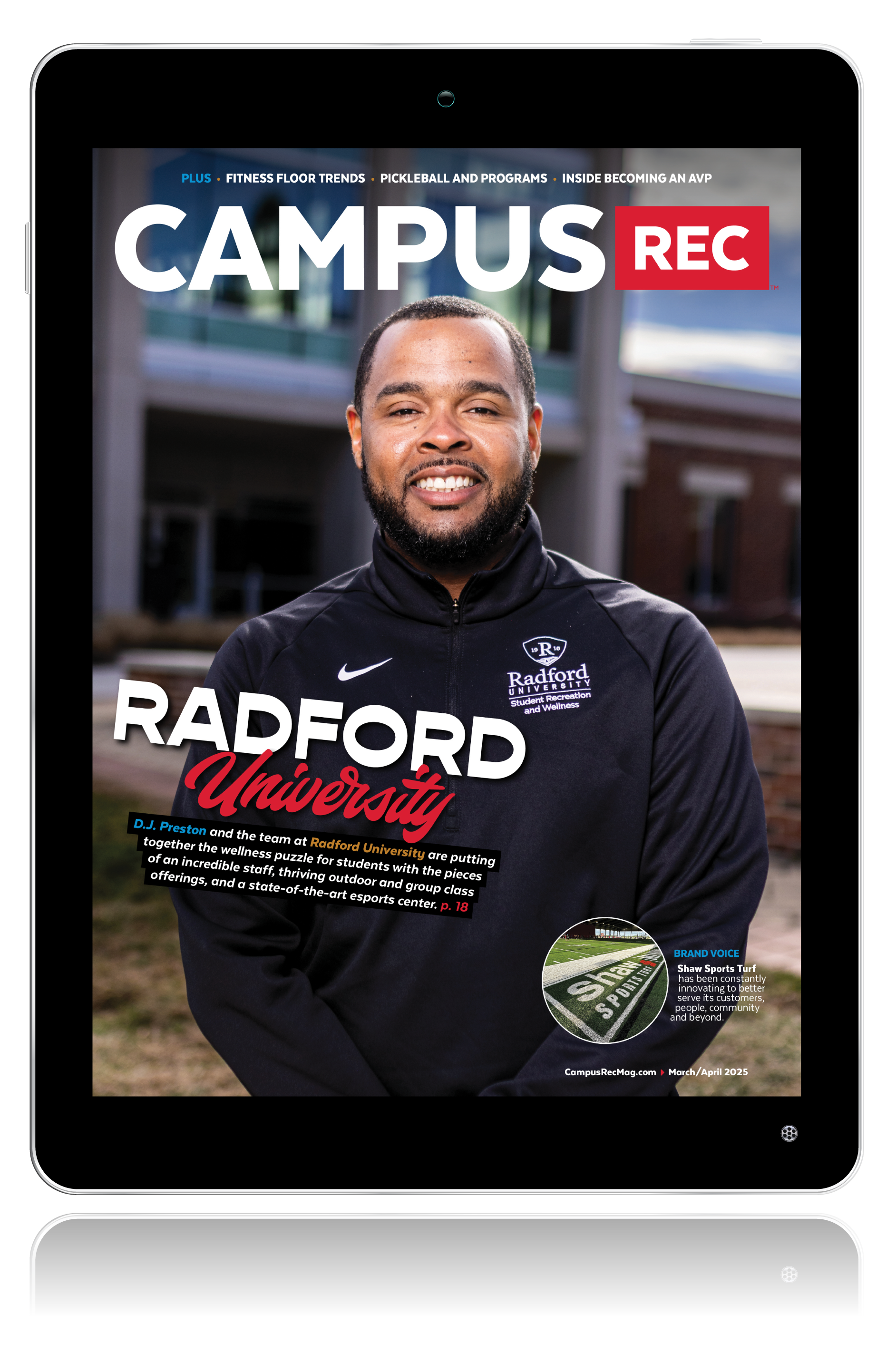In this episode of the Expert Q&A, Ralph Rajs, a seasoned fitness industry leader with over 35 years of experience, shares insights on leadership, culture and team-building, especially within the context of campus rec. Rajs’ passion for fitness and his background in nutrition have shaped his professional journey. He blends personal interests with a commitment to helping others embrace the power of exercise.
Show Summary on the Q&A with Ralph Rajs
Rajs emphasizes organizational culture is built on a foundation of core values and how these values are reflected in actions. He breaks down culture into three critical elements:
- How leaders think.
- How leaders act.
- What leaders tolerate.
Leaders must adopt a servant-leader mindset, understanding their role is to nurture and develop their teams. Actions must align with stated core values, not just in interactions with superiors but especially with peers and subordinates. Additionally, leaders must be willing to call out behavior that contradicts core values, regardless of an individual’s role or performance.
He notes strong cultures, like that of the Marines, allow people to opt in or out based on alignment with core values. A lack of clear culture makes it difficult to attract the right people and creates confusion about what the organization stands for. Rajs underscores that culture is not just aspirational. It must be a living, breathing reality that teams experience daily.
EXTRA CREDIT: Curing toxic work cultures.
To build or revive a culture, Rajs suggests starting with self-assessment. Leaders should reflect on how their actions align with core values. This should be followed by team evaluations to gather feedback and identify areas of improvement. Focus on low-hanging fruit — simple changes you can implement quickly — and regularly reassessing progress to ensure alignment with the desired culture.
Rajs’ approach encourages continuous learning and practical application of leadership principles. He believes everyone wants to find purpose, enjoyment and productivity at work, and a strong culture can facilitate this. By fostering a culture rooted in clear core values, campus rec professionals can enhance their teams’ experiences and better serve students.









